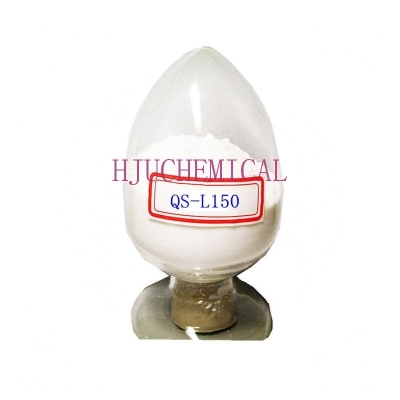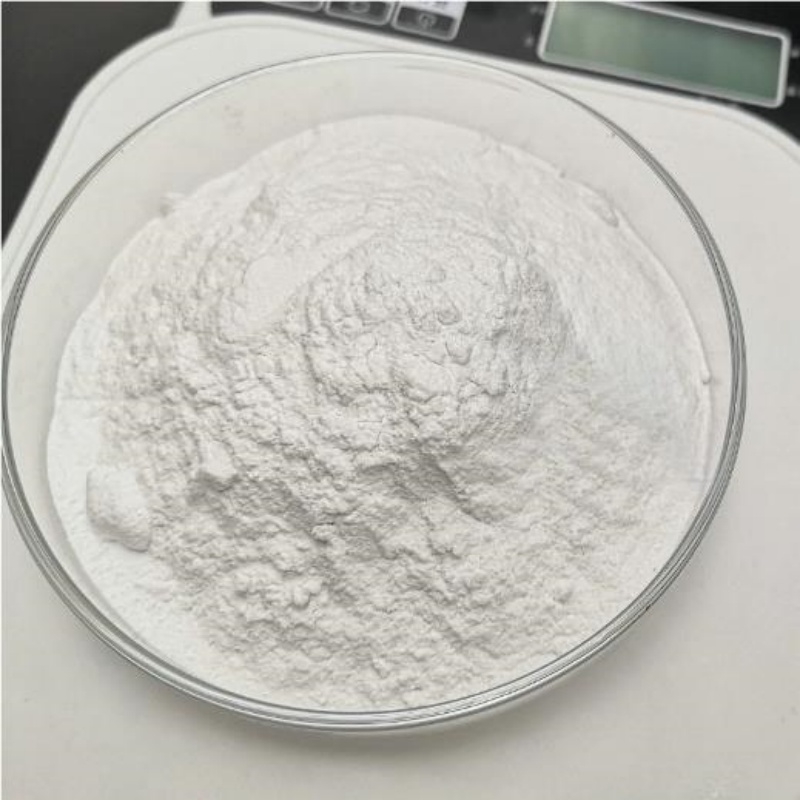-
Categories
-
Pharmaceutical Intermediates
-
Active Pharmaceutical Ingredients
-
Food Additives
- Industrial Coatings
- Agrochemicals
- Dyes and Pigments
- Surfactant
- Flavors and Fragrances
- Chemical Reagents
- Catalyst and Auxiliary
- Natural Products
- Inorganic Chemistry
-
Organic Chemistry
-
Biochemical Engineering
- Analytical Chemistry
-
Cosmetic Ingredient
- Water Treatment Chemical
-
Pharmaceutical Intermediates
Promotion
ECHEMI Mall
Wholesale
Weekly Price
Exhibition
News
-
Trade Service
The American Chemical Society (ACC) is asking Congress to pass a national standard for recycled plastics to promote a "rapid expansion" of chemical recycling, among other things
.
The American Chemical Society released five action plans on July 13, arguing that the U.
S.
Congress should take steps to increase plastic recycling rates
.
Last fall, the American Chemical Society supported charging for packaging to improve the US recycling system
.
The association said the large plastics producers among its members believe "the new federal government's policy is critical to developing a high-value, efficient plastic that should be used over and over again, rather than disposed of as waste.
, so as to realize the circular economy of plastics
.
”
In 2030, at least 30% of recycled materials should be used
The first item on the American Chemical Society's list is a call for a federal policy to pass a "National Recycled Plastic Standard" that would require at least 30 percent recycled content in all plastic packaging by 2030
.
However, the American Chemical Society notes that getting to this point requires additional work
.
A 30 percent figure would mean 130 pounds of plastic would need to be recycled a year, according to the association's estimates, though the U.
S.
isn't yet able to reach that level of supply
.
(The report does not specify whether the 30 percent requirement covers subsistence sources, industrial sources, or both
.
)
The association points to a recent analysis by ICIS that concluded that chemical recycling (sometimes referred to as advanced recycling) is critical to achieving ambitious recycling goals, such as the US Department of Environmental Protection's 2030 50-year target.
% national recycling rate target
.
The association believes: "The scale of physical recycling needs to continue to expand, to build new, advanced recycling facilities for the United States, to increase their recycling rates, and to increase the proportion of recycled materials in packaging
.
"
The association is calling on Congress to create federal regulations similar to those already passed by 14 states to simplify the regulatory framework for chemical recycling plants
.
Louisiana is the latest state to pass such a policy
.
The association said: “There are also 36 states in the United States with outdated policies that treat advanced recycling as solid waste disposal and regulation, rather than manufacturing
.
Doing so will allow entrepreneurs to go to the Going up the wrong regulatory path makes it difficult for their businesses to invest in and deploy advanced recycling technologies
.
”
The American Chemical Society had previously called on Congress to veto the Free From Plastic Pollution Act, in part because it included a moratorium on the development of new chemical recycling facilities
.
Are all types of plastic treated the same?
The outline also calls for the development of a national plastic recycling standard, a more agreed recycling system across the United States, and recommends a life cycle analysis (LCA) of all materials to ensure policies are "based on data and science, while non-ideological
.
"
Ultimately, the outline also urges Congress to enact an "American-designed producer responsibility system," and that such a system should cover all packaging materials, not specific varieties
.
The American Chemical Society believes that funds raised should only be reinvested to help expand efficient solid waste collection, sorting and recycling systems, while investing in maintenance of existing facilities
.
The proposals quickly drew condemnation from environmental groups, including Greenpeace, who described the outline as a "continued and unending programme of plastic production"
.
"Recycling has been a good partner to the plastics industry for decades, despite their failures," Greenpeace said in a statement
.
However, the American Chemical Society is clear that the outline is not an end to plastic waste.
The plan, as advertised, is a plan that will allow the industry to continue producing plastic for as long as possible
.
In 2018, the American Chemical Society published a series of goals around plastic sustainability, including a goal of achieving 100 percent recycling of plastic packaging by 2040
.







